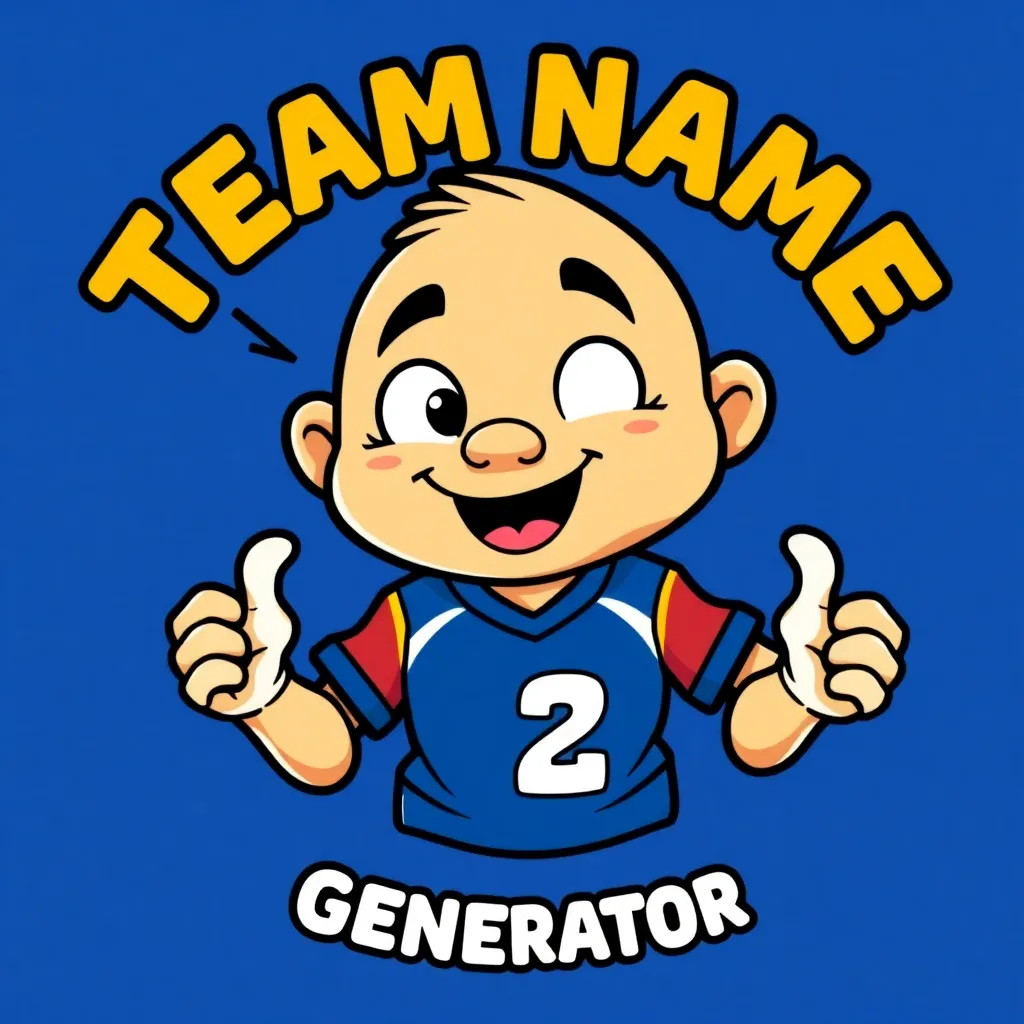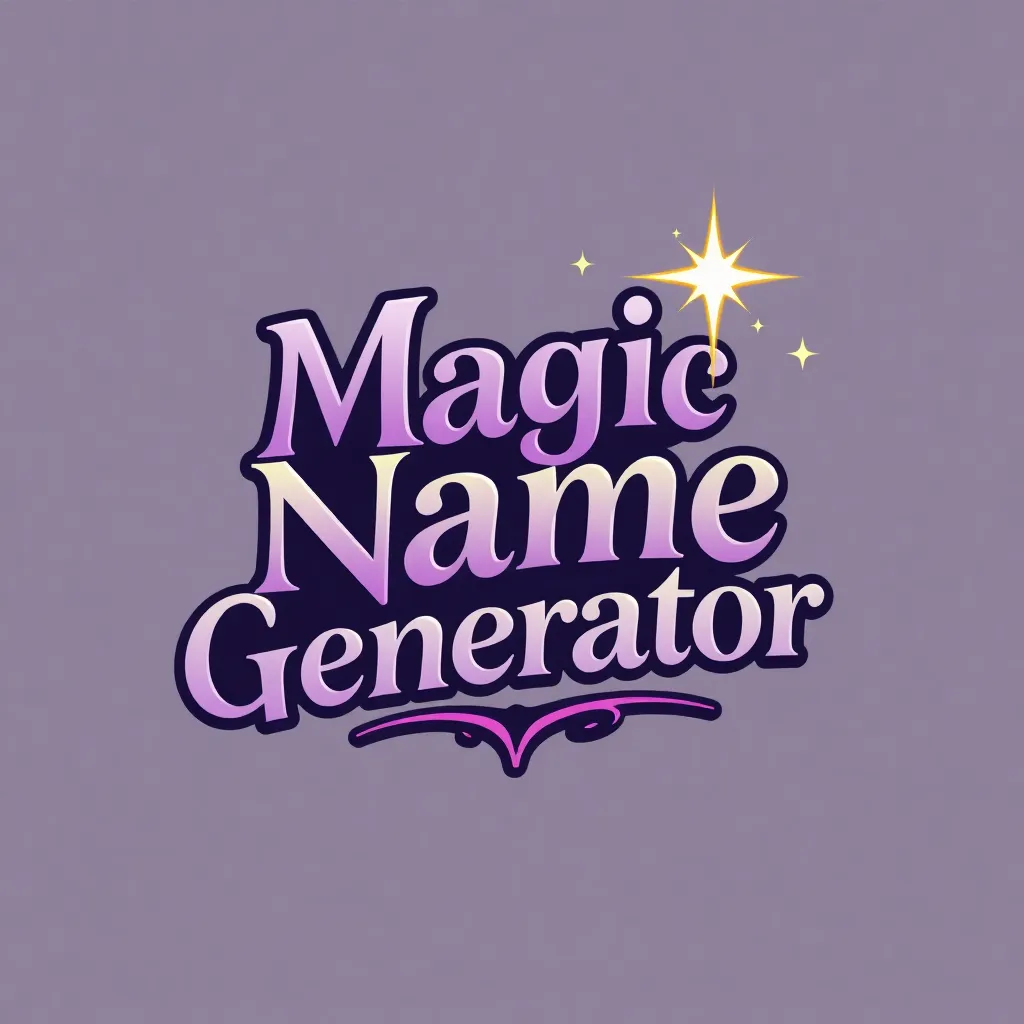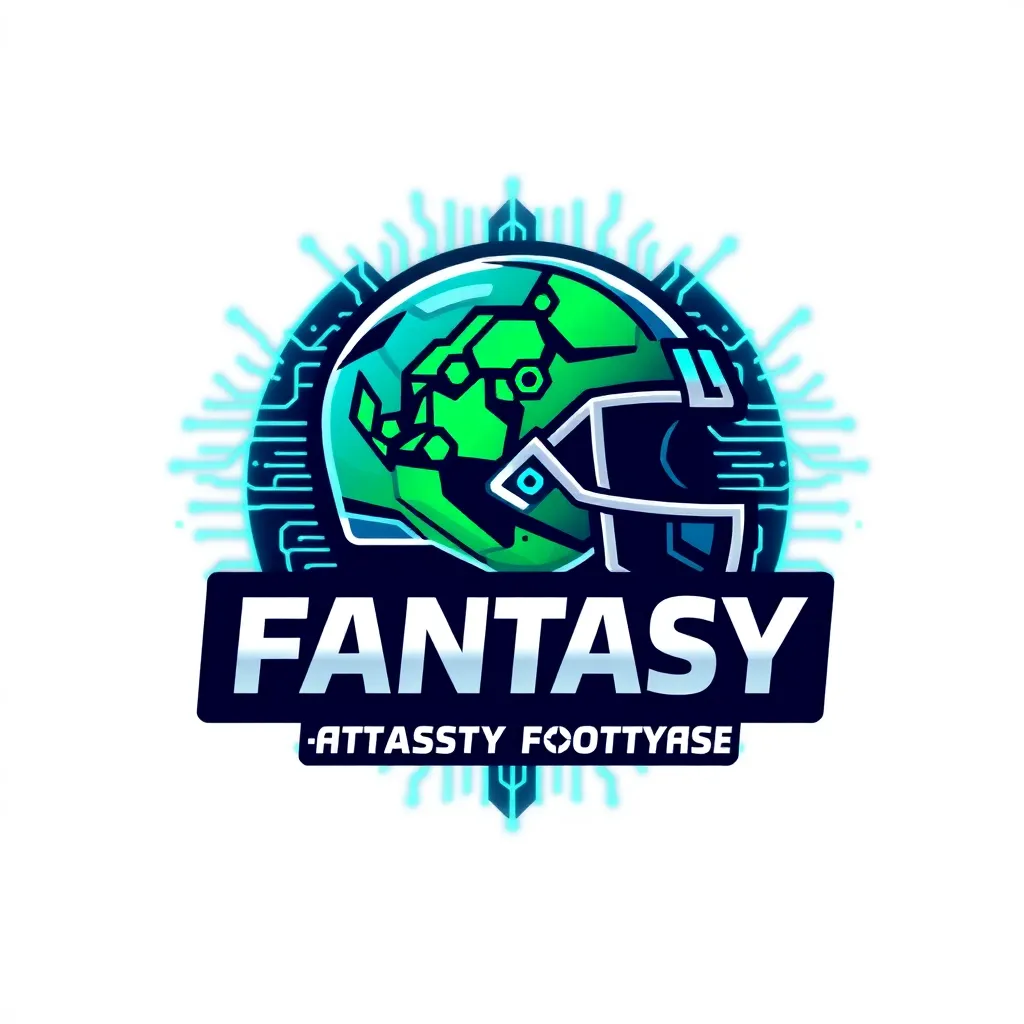
Phonetic Name Generator
Translate your name into phonetic symbols for clear pronunciation.
Phonetic Name Generator
What is the Phonetic Name Generator?
The Phonetic Name Generator instantly converts your name into its phonetic representation using the International Phonetic Alphabet (IPA). This allows individuals from diverse linguistic backgrounds to accurately pronounce your name, eliminating mispronunciations and ensuring clear communication.
Accurate Pronunciation
Generates the precise phonetic spelling of your name for unambiguous pronunciation worldwide.
International Friendly
Uses the International Phonetic Alphabet (IPA), a standardized system understood across languages.
Eliminate Mispronunciation
Provide others with the tools they need to correctly pronounce your name every time.
Easy to Share
Copy and paste the phonetic transcription in emails, profiles, and more.
Improve Communication
Ensures clarity and respect by facilitating proper name pronunciation.
Steps to Use the Phonetic Name Generator
Simply follow these simple steps to get your name in phonetic form:
Enter Your Full Name
Type your first and last name into the designated input field.
Click 'Generate'
Press the button to initiate the phonetic conversion process.
Copy and Share
The generated phonetic spelling will be displayed. Copy and share with others.
“Phonetic for My Name” AI Generator: Unveiling the Sounds of Identity
The “Phonetic for My Name” AI generator is a tool designed to transcribe your name into its phonetic representation. It aims to bridge the gap between how your name is spelled and how it’s pronounced, particularly useful when dealing with names that have uncommon spellings, regional variations in pronunciation, or that are unfamiliar to others. The generator outputs a phonetic spelling suitable for use in dictionaries, pronunciation guides, and general conversations, helping to ensure your name is pronounced as intended. This fosters better communication, reduces mispronunciation-related frustrations, and helps people feel respected and acknowledged through the correct rendering of their personal identifier – their name.
Phonetic Landmarks: Exploring Pronunciation Origins
Here are a few common elements found in phonetic transcriptions, along with their context and origin:
| Phonetic Symbol | Example Word/Name | Origin/Story | Common Usage |
|---|---|---|---|
| /ə/ (Schwa) | about, Sarah (pronounced) | Result of vowel reduction in unstressed syllables. | Very frequent in English, representing the “uh” sound. |
| /θ/ (Theta) | thin, Elizabeth (pronounced using the “th” sound), Thor | Derived from Greek. | The voiceless “th” sound, as in “thin”. |
| /ð/ (Eth) | this, Theon | Derived from Old English alphabet. | Sound as in “this.” Voiced counterpart of Theta. |
| /ŋ/ (Eng) | sing, thing | Represents a velar nasal consonant sound. | Common sound in “-ing” endings. |
| /ʃ/ (Esh) | she, Shauna, Ash | Symbol is of arbitrary origin, widely established now | Represents the voiceless postalveolar fricative. |
| /ʒ/ (Yogh or Ezh) | measure, Azure (often found in place names of mediterranean origin) | Also Arbitrary Origin and Widely in Linguistic communities | sound in word like the French “jeu” or the English ‘measure’, ‘treasure’, or ‘vision’). |
The table provides a basic overview. More sophisticated phonetic representations utilize extensive charts that detail vocal cord activity to mouth movements.
Relation Tools

Funny Team Name Generator
Stuck on a name? Generate hilarious and memorable team names with our AI-powered tool!

Trucker Name Generator
Generate a unique and memorable trucker name representing your personality and trucking style.

United States Fake Name Generator
Generate realistic fake names and identities for the United States.

Taco Truck Name Generator
Find the perfect name for your mobile taco business.

Magic Name Generator
Unleash the Power of Language: Generate Unique and Magical Names

Two Name Generator
Generate creative and memorable names by fusing two names, words, or concepts together.

Celebrity Name Generator
Create awesome and unique celebrity names instantly!

AI Fantasy Football Name Generator
Generate Clever and Unique Fantasy Football Team Names
Example Phonetic Name Translations
See examples of how your common names look when rendered in phonetic notation.
John Smith
/dʒɒn smɪθ/
Emily Carter
/ˈemɪli ˈkɑːrtər/
Michael Lee
/ˈmaɪkəl liː/
Ricardo Martinez
/rɪˈkɑːrdoʊ mɑːrˈtiːnez/
Sophia Garcia
/soʊˈfiːə ɡɑːrˈsiːə/
David Wilson
/ˈdeɪvɪd ˈwɪlsən/
Frequently Asked Questions
Find answers to common inquiries about the Phonetic Name Generator.